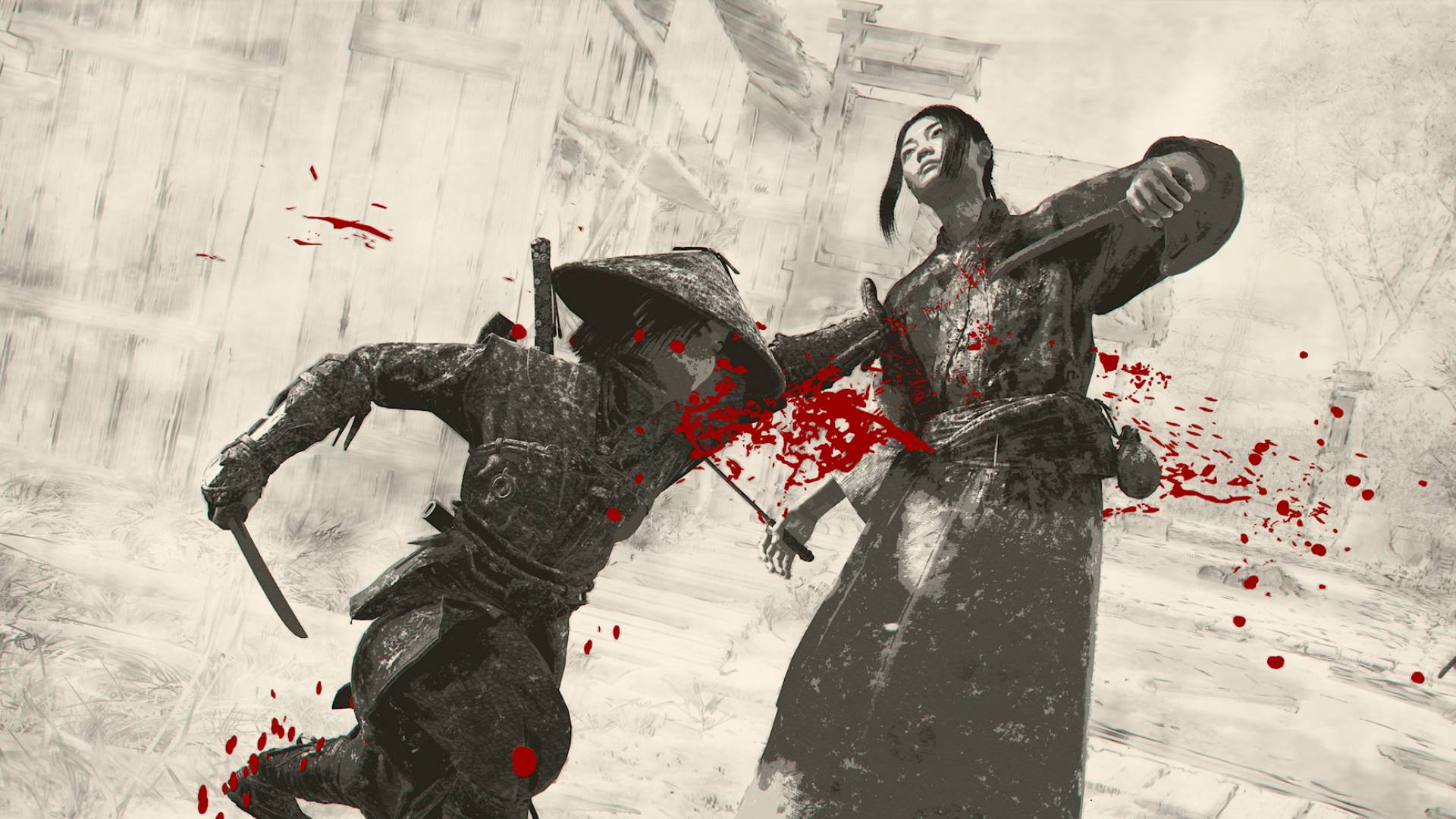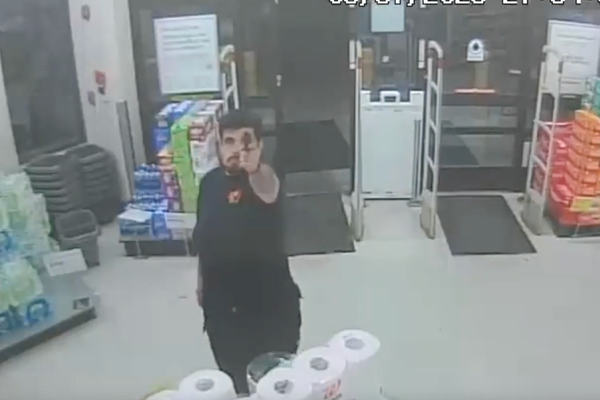
Assassin's Creed Shadows is "not a documentary," and that means that Ubisoft gets to play with history a little more than you might think.
Speaking to GamesRadar+, Assassin's Creed Shadows cinematic director David Nibbelin says that "one of the great things about working on a project like Assassin's Creed is we don't have to tell the traditional Japanese story. It's not a feudal Japanese movie where everything has to be very grounded, because the way Assassin's Creed looks at history is very unique."
For Nibbelin, that means that "we're not trying to show Japan from a very clinical or an overriding stereotypical view. It's not a documentary. We really wanted you to live this history." There are "little modern elements" to the game, Nibbelin says, because Ubisoft "gets to play with the formula."
Some of that playfulness appears in the existence of the two protagonists Naoe and Yasuke. According to Nibbelin, that offers "the perfect moment to see two perspectives of Japan" because "with just about all the cutscenes, we try to find ways to flavor them in terms of how the NPCs react to you. Between a samurai and a villager from Iga, the reactions of NPCs are going to be different, and we get to flavor these little variations and what they say, what their eye-lines do."
Plenty of the best Assassin's Creed games, have, of course, played with history for a long time - Brotherhood's fist-fight with the Pope has long been held as an example of the kind of way in which accuracy is not a key concern, to say nothing of the mythological elements of Valhalla and Odyssey.
For a look at how Ubisoft's latest holds up, check out our Assassin's Creed Shadows review.







